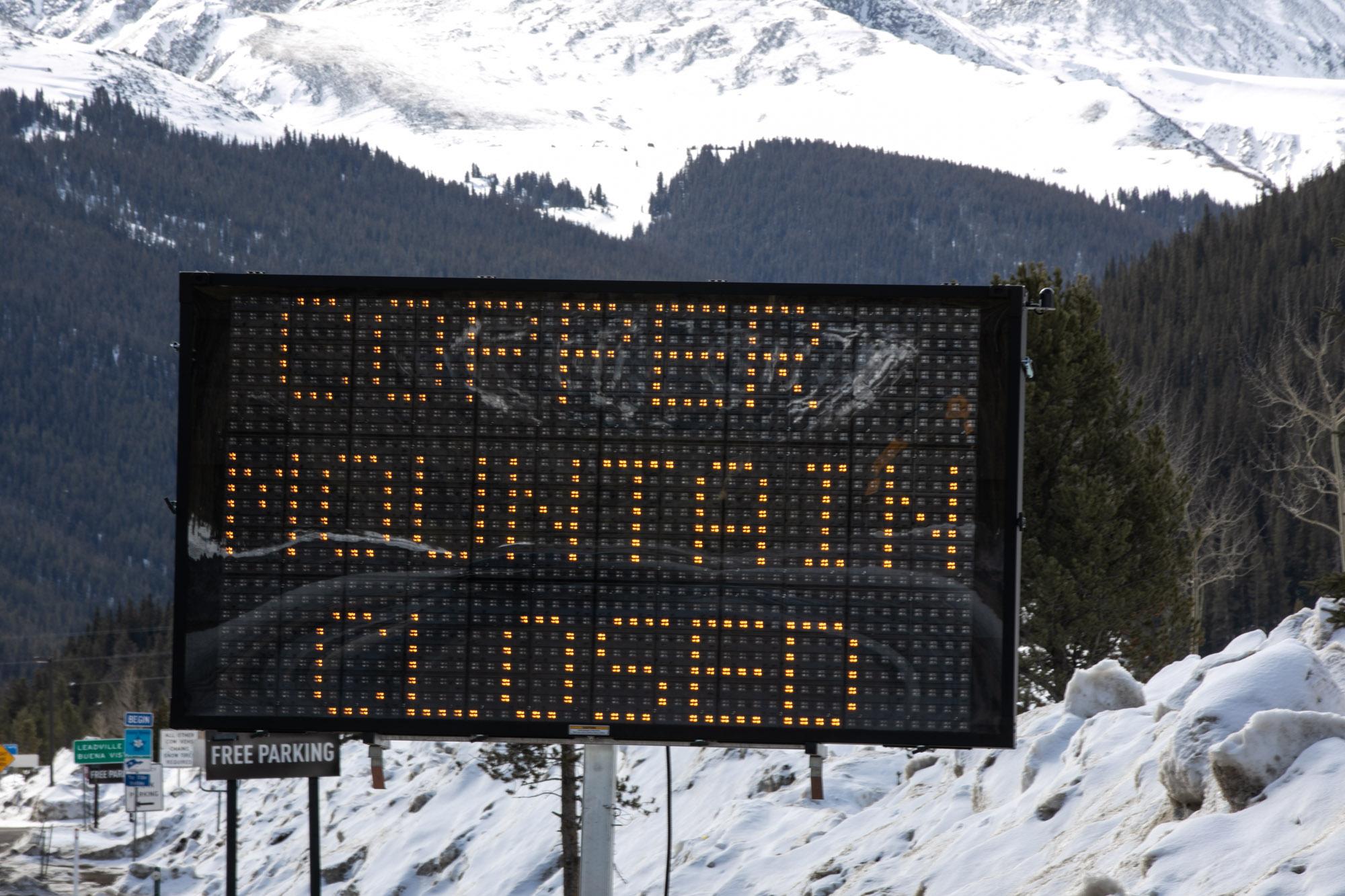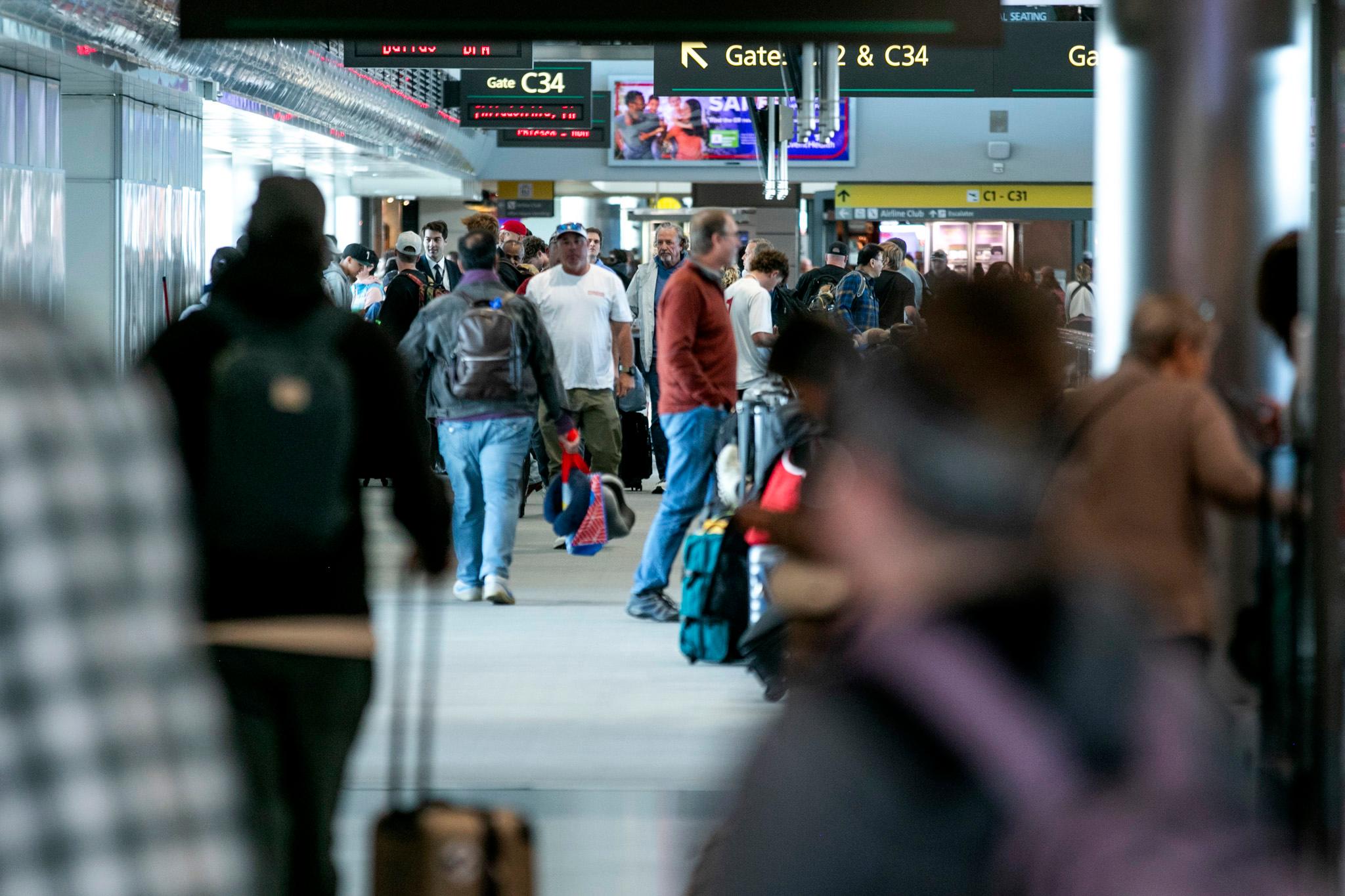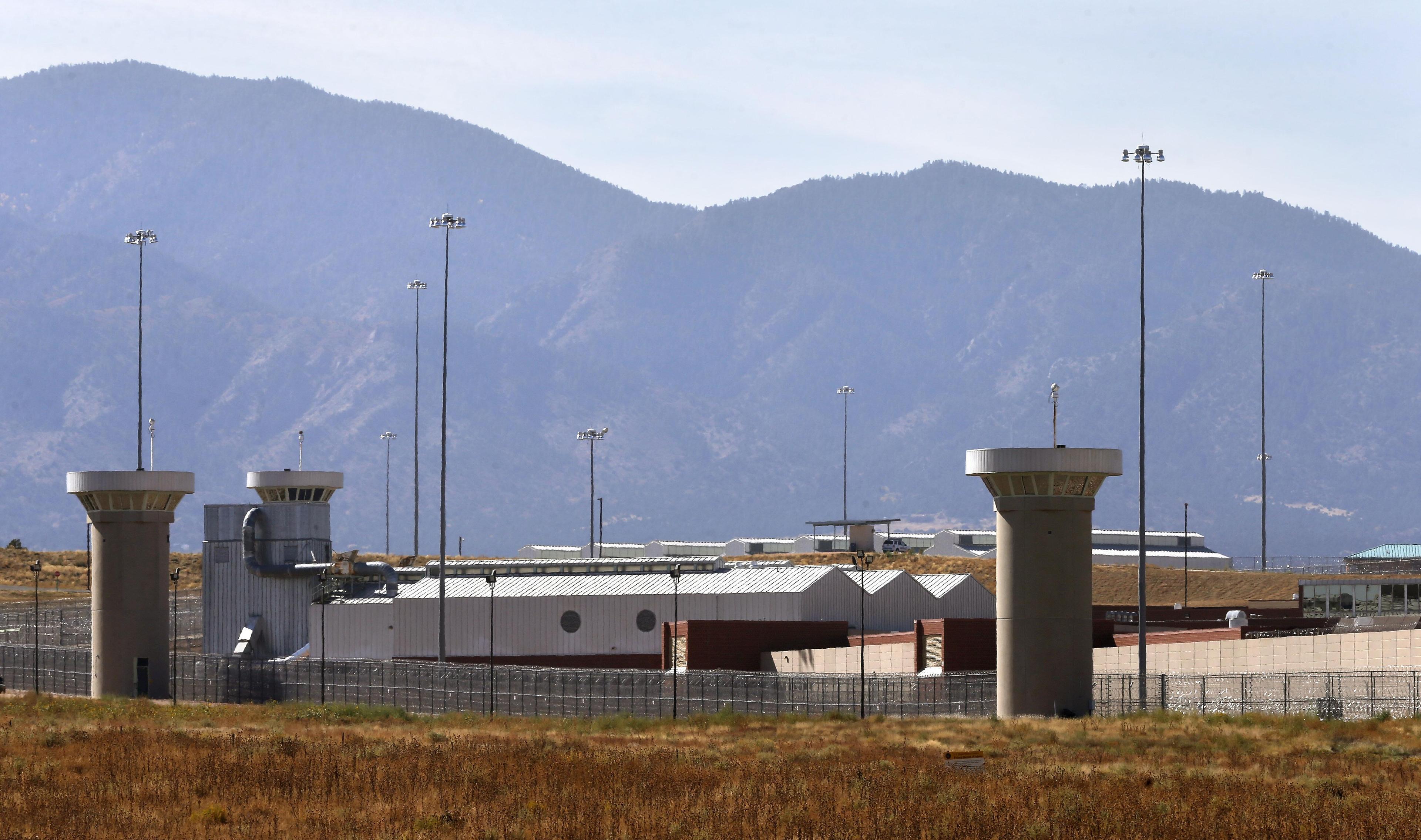
Gov. Jared Polis’ administration is trying to remove the obstacles that are keeping tens of thousands of Coloradans from getting unemployment benefits amid a widespread economic shutdown.
A new executive order expected as soon as this afternoon will:
- Extend the maximum duration of unemployment benefits from 26 weeks to 39 weeks for each person. It’s unclear whether this will apply to people who are already receiving unemployment payments.
- Waive the requirement that people continue searching for work while collecting benefits.
- Eliminate the one-week “waiting period” for people to start accruing benefits.
The state also is trying to speed up payments in response to the coronavirus outbreak. It typically takes four to six weeks for people to receive benefits. A new approach could slash that to 10 days.
To do that, the state will no longer check individual claims against employer records before paying. Instead, they’ll audit claims after payment starts, and take other steps to check them more efficiently. The state took similar steps during the last recession.
“We hope to implement some of these processes in the system over the coming days,” said Joe Barela, executive director of the Colorado Department of Labor and Employment. But it could take two weeks before everything's up to speed, according to a spokesperson.
Unemployment benefits can replace about 55 percent of a person’s wages if they’re laid off, furloughed or losing significant amounts of pay.
The changes also will deliver more money upfront for recipients. Normally, benefits only start accruing after a one-week “waiting period” has passed. Now, people will ultimately be paid for every week starting at the date of unemployment.
In other words: more money, faster.
Some of the changes will be paid for with money from the federal government under its latest coronavirus relief law. But even as the state scrambles to shore up the system, officials are encouraging people to find alternatives.
“If you have the ability to work and if you’re healthy, we encourage you to try to re-engage in employment even on a temporary basis,” Barela said. He encouraged people to contact local workforce centers for help.
Fixing the website
These changes won’t solve the biggest problem for many, though.
They can’t use the state’s unemployment website. Dozens of people have told CPR News that they have encountered glitches, outages and other problems with the digital service. There is no alternative to the website.
Some people are “absolutely getting through and registering,” Polis said on Friday, but he acknowledged that others aren’t. He encouraged people to try at off-hours, including late nights and early mornings.
"Everybody who wants to register for UI will be able to,” he said. “... We’re working rapidly on increasing the number of simultaneous transactions that can occur.”
The delays are the result of a staggering crush of unemployment.
For comparison, at the height of the financial crisis in 2008, the state received about 8,000 unemployment claims per week. That many people have applied on individual days this week.
And the surge arrived with shocking suddenness as Gov. Jared Polis ordered closures of ski resorts, restaurants, hair salons and venues to slow the spread of the coronavirus.
“It's not like we had three months, three weeks to prepare for this. It happened literally over a five day period,” Barela said. The labor department is hiring staff to answer phones and process claims, and tech workers are trying to fix the IT systems.
“We anticipate that we will be able to handle an increased volume, but it's just gonna take us time to figure out where the glitches are,” he said.
Many still excluded
Countless people have learned this week that they don’t qualify for unemployment benefits. Independent contractors and gig workers don’t qualify at all. Neither, in many cases, do sole proprietors or church employees. Even substitute teachers may have trouble getting benefits.
The state has no immediate plans to expand the safety net for those people. Colorado doesn’t “have the liberty” to cover people who have not paid premiums into the unemployment system, Barela said.
“I'm waiting to see, maybe in the next federal package that comes out, there will be benefits that we can offer to those people who are so important to our economy,” he said.
Bren Schuler, 58, is a soccer official for adult and school leagues in Fort Collins. He's lost $1,000 in business this month. And since he's an independent contractor, he likely doesn't qualify for benefits.
"I feel a little bit jilted in the sense that I don’t qualify, because business opportunities have dried up through no fault of my own. It’s not due to my lack of ability," said Shuler, who took jobs with flexible schedules so he could care for his parents.“I still contribute to the economy … I still pay my taxes.”
Other workers are struggling to get time off for COVID-19 concerns. The recent federal law offers a partial solution: It mandates two weeks of paid leave for employees who are quarantined or isolated, suffering from COVID-19, caring for children, or caring for someone affected by COVID-19.
However, the federal law excludes companies with more than 500 employees, and it exempts some small businesses.
Questions or stories to share? Contact the reporter at [email protected].









